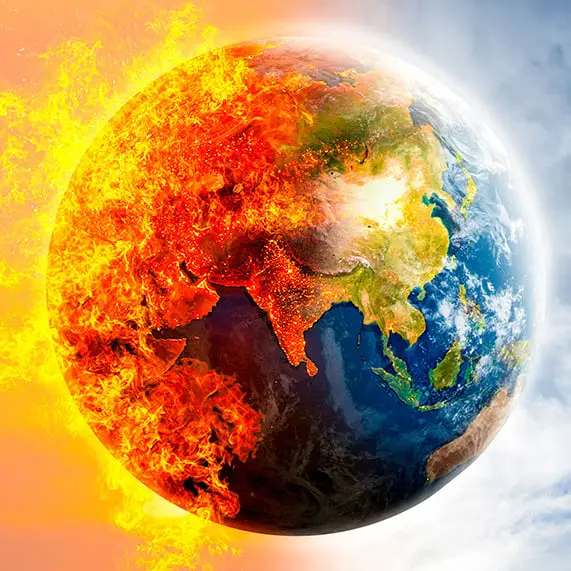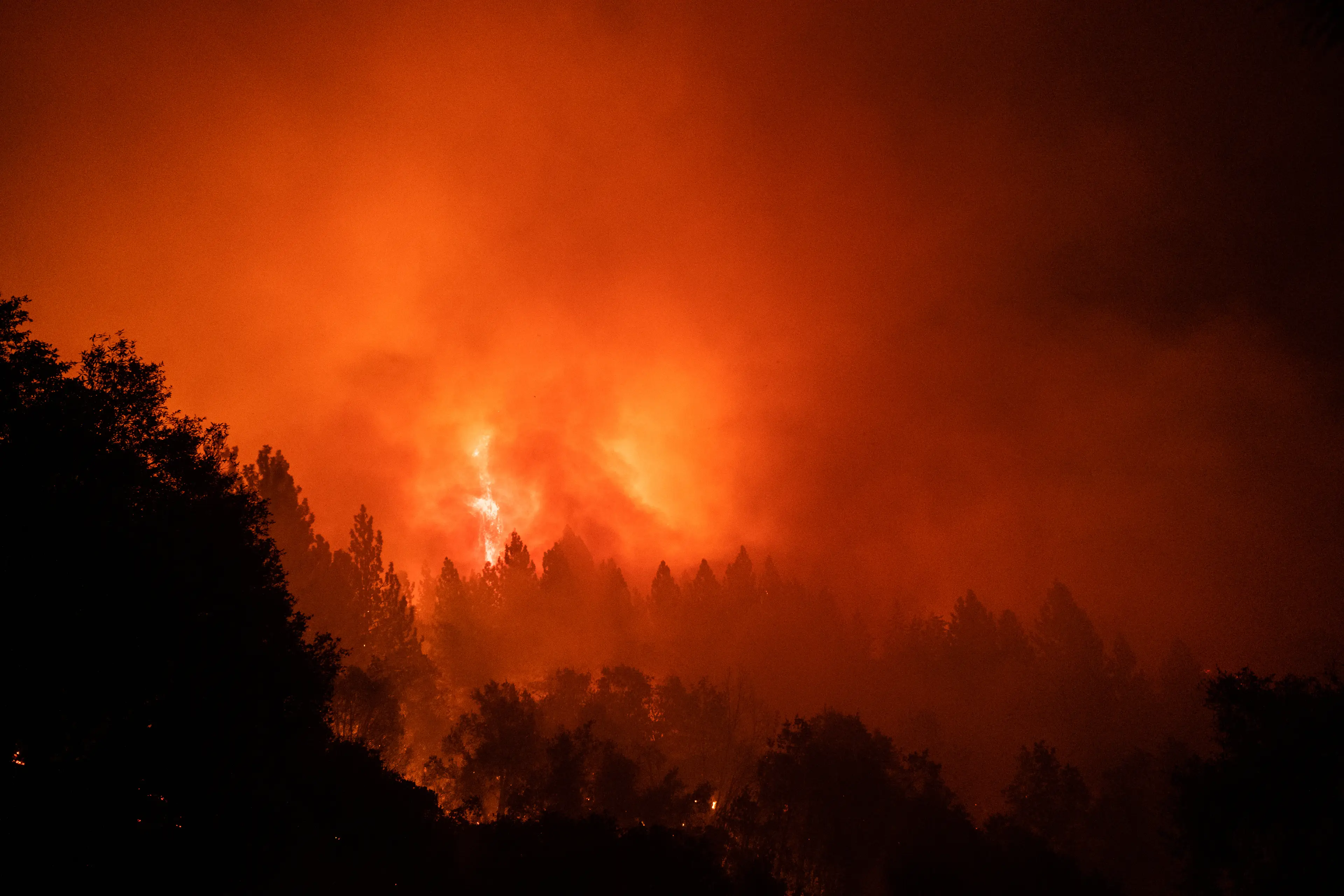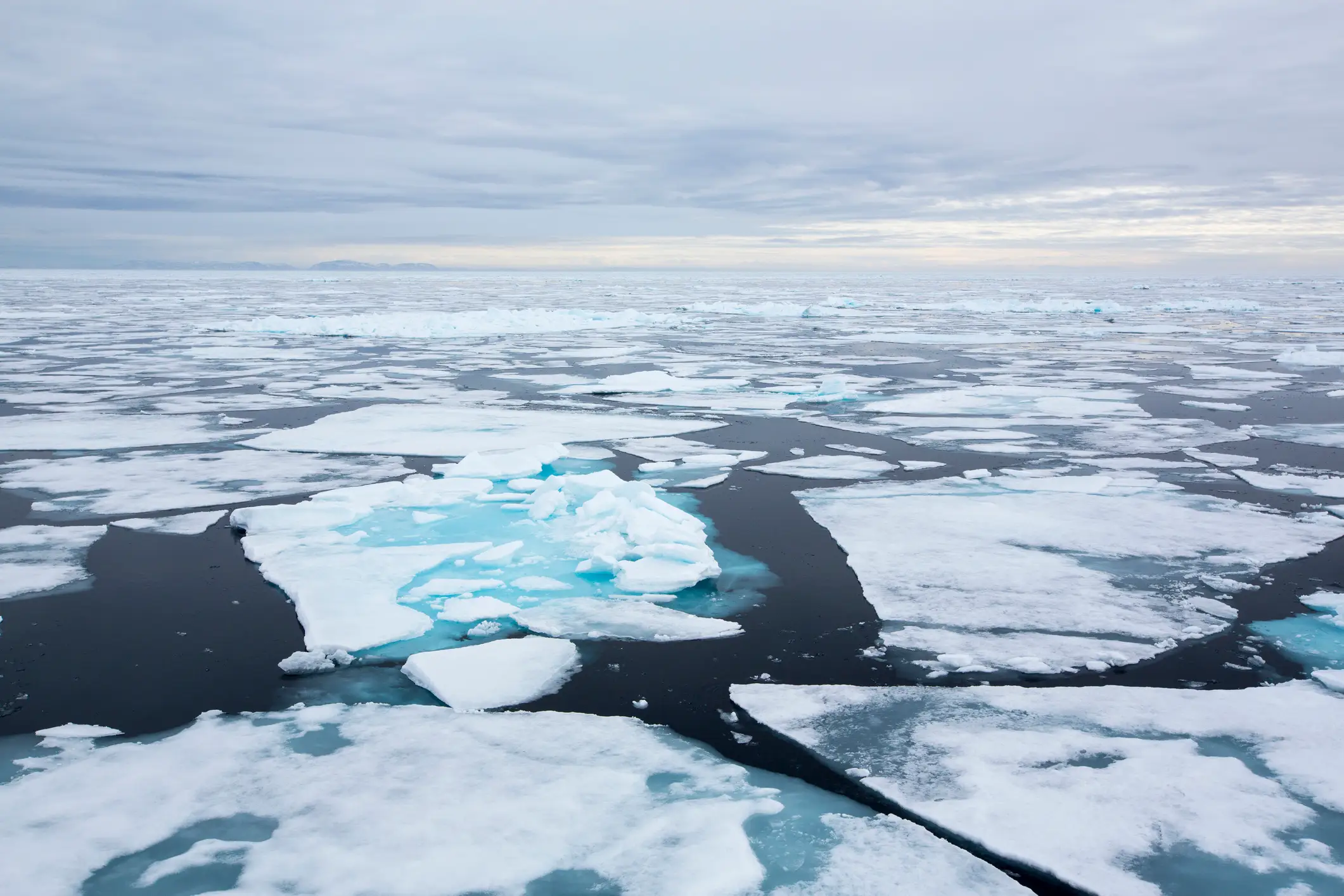
It looks like climate change will have an even bigger impact than originally thought as it’s now believed that the changes will affect nearly three quarters of people on the planet.
Scientists have predicted extreme weather to hit 70% of humans in the next 20 years in a rapid increase.
A new study suggests that as global temperatures increase, the Earth will suffer from more fatal fires, floods, storms and droughts which will decimate crops and lead to famine and the spread of disease.

Advert
Bjørn Samset, a physicist from the Center for International Climate Research (CICERO) in Norway, said: “In the best case, we calculate that rapid changes will affect 1.5 billion people.”
However, it’s likely that many more would actually be impacted as CICERO climate scientist Carley Iles and colleagues have found that if we carry on our current course, these dangerous changes will hit the majority of Earth's human population.
Samset added: “The only way to deal with this is to prepare for a situation with a much higher likelihood of unprecedented extreme events, already in the next one to two decades.”
Speaking to the Associated Press, Woodwell Climate Research Center climate scientist Jennifer Francis said: “Like people living in a war zone with the constant thumping of bombs and clatter of guns, we are becoming deaf to what should be alarm bells and air-raid sirens.”
Iles and the team's modeling shows that more extreme weather changes will occur even more quickly than we have seen and this will see more extremes in temperatures, rain and wind.

In their paper, the team said: “Society seems particularly vulnerable to high rates of change of extremes, especially when multiple hazards increase at once.
“Heatwaves may cause heat stress and excess mortality of both people and livestock, stress to ecosystems, reduced agricultural yields, difficulties in cooling power plants, and transport disruption.
“Similarly, precipitation extremes can lead to flooding and damage to settlements, infrastructure, crops and ecosystems, increased erosion and reduced water quality.”
Laura Wilcox, a meteorologist from the University of Reading in England, said: “While cleaning the air is critical for health reasons, air pollution has also masked some of the effects of global warming,"
“Now, the necessary cleanup may combine with global warming and give very strong changes in extreme conditions over the coming decades. Rapid clean-up of air pollution, mostly over Asia, leads to accelerated co-located increases in warm extremes and influences the Asian summer monsoons.”